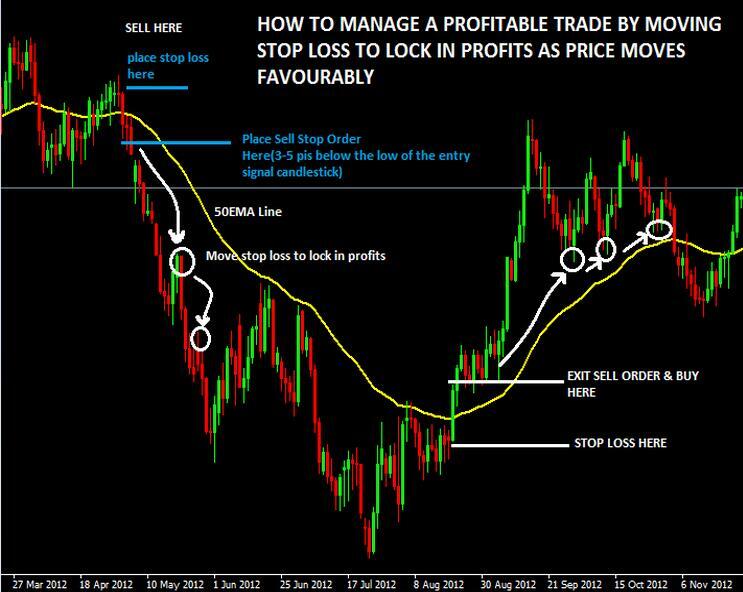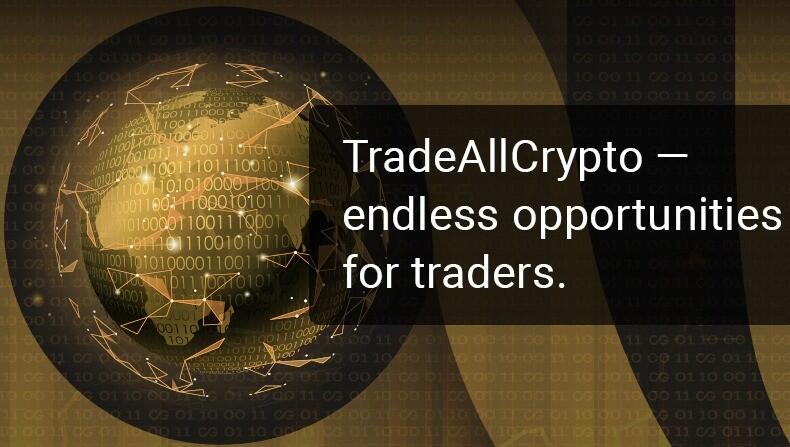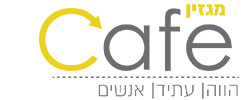
A futures market is a market in which traders purchase and sell futures contracts. Participants trade, i.e., buy and sell their future delivery contracts and commodities in a futures market. The market provides a medium for the complementary activities of speculation and hedging. With standardized futures contracts, it's easy for investors to speculate on the future value of any asset traded on the futures market. If a speculator thinks the price of oil will spike over the next few months, they can buy a futures contract for three months or more from the current date. When the contract is close to the exercise date, they can easily sell the contract, hopefully for a gain.

Chicago is located at the base of the Great Lakes, close to the farmlands and cattle country of the Midwest, making it a natural center for transportation, distribution, and trading of agricultural produce. In March 2008 the CME announced its acquisition of NYMEX Holdings, Inc., the parent company of the New York Mercantile Exchange and Commodity Exchange. Payments between buyer and seller are managed by clearing members, who also help to maintain stability. Clearing members are typically banks and financial service firms chosen by the futures market regulator.
What Is A Spot Market?
Futures are derivative contracts to buy or sell an asset at a future date at an agreed-upon price. We believe everyone should be able to make financial decisions with confidence. The Commodity Futures Trading Commission (CFTC) is the federal government agency that regulates the commodity futures and other commodity derivatives. By contrast, security futures are jointly regulated by the CFTC and the Securities and Exchange Commission (SEC). Dow futures are contracts based on the Dow Jones Industrial Average. Dow futures can be used to predict short-term stock-market movements while the market is closed or to speculate on the market direction over the medium term.

However, many futures contracts involve traders who speculate on the trade. These contracts are closed out or netted—the difference in the original trade and closing trade price—and have a cash settlement. Futures markets or futures exchanges are where these financial products are bought and sold for delivery at some agreed-upon date in the future with a price fixed at the time of the deal. Futures markets are for more than simply agricultural contracts, and now involve the buying, selling and hedging of financial products and future values of interest rates. When you hear someone use the word "futures" in the finance world, they typically mean futures contracts. A futures contract provides terms for the delivery, or cash settlement, of a specified asset, such as stocks, raw materials, or products, at a specified date in the future.
Futures for Speculation
Questions may include how much money you need to start futures trading, details about your investing experience, income, and net worth, all designed to help the broker determine the amount of leverage they're willing to allow. Futures contracts can be bought with very high leverage if the broker deems it appropriate. Futures trading of this sort in grains, coffee, cotton, and oilseeds also arose in other centres such as Antwerp, Amsterdam, Bremen, Le Havre, Alexandria, and Ōsaka between the 17th and the middle of the 19th centuries. In the process of evolution, “to arrive” contracts became standardized with respect to grade and delivery period, with allowances for grade adjustment when the delivered grade happened to be different.
Fortinet Patches Critical FortiGate SSL VPN Vulnerability – SecurityWeek
Fortinet Patches Critical FortiGate SSL VPN Vulnerability.
Posted: Tue, 13 Jun 2023 18:28:53 GMT [source]
Like many derivatives, futures are a leveraged financial instrument, offering the potential for outsized gains or losses. As such, they are generally considered to be an advanced trading instrument and are usually traded only by experienced investors and institutions. A futures market is an exchange where investors can buy and sell standardised futures contracts and commodities. These are financial products are bought or sold at an agreed price at time of the deal but delivered and paid for at a future date. To do this, these products typically will track or hold futures contracts on a rolling basis, frequently focusing on shorter-term futures. This means that they’ll replace shorter-term contracts or contracts about to expire with others that have more distant or deferred expiration dates in order to maintain the desired exposure.
Typical Users of the Futures Markets
The farmer can use a brokerage account or even the CME Group website to look through current quotes for different futures contracts (they are designated by date, so futures due in November would be called NOV Soybean Futures). For example, a corn farmer can use a futures contract to lock in a certain price for their corn months ahead of time. An airline can use futures to hedge against the risk of rising fuel prices. Forward and futures contracts are financial instruments that allow market participants to offset or assume the risk of a price change of an asset over time. The futures markets are regulated by the Commodity Futures Trading Commission (CFTC). The CFTC is a federal agency created by Congress in 1974 to ensure the integrity of futures market pricing, including preventing abusive trading practices, fraud, and regulating brokerage firms engaged in futures trading.
What are futures in crypto?
Futures are a type of derivative contract that obligate two parties to exchange an asset—or a cash equivalent—at a predetermined price on a future date. When investors buy and sell Bitcoin futures contracts, they are speculating about BTC's future price.
In June 2001 Intercontinental Exchange (ICE) acquired the International Petroleum Exchange (IPE), now ICE Futures, which operated Europe's leading open-outcry energy futures exchange. Since 2003 ICE has partnered with the Chicago Climate Exchange (CCX) https://forexhero.info/parallel-computing-and-multiprocessing-in-python/ to host its electronic marketplace. In April 2005 the entire ICE portfolio of energy futures became fully electronic. The investor agrees that if the price for coffee goes below a set rate, the investor agrees to pay the difference to the coffee farmer.
What do market futures mean?
What is a futures market? A futures market is an exchange where investors can buy and sell futures contracts. In typical futures contracts, one party agrees to buy a given quantity of securities or a commodity, and take delivery on a certain date. The selling party agrees to provide it.

